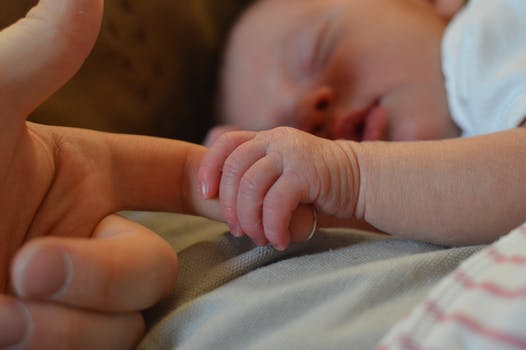Postpartum depression is more common than you think. According to studies, 1 out of 5 women experience postpartum depression after giving birth. This is common during the first few days and weeks following child birth.
Instead of the picture-perfect motherhood she imagined, she feels discouraged, tearful, sad, and alone. Eventually, it can interfere with her ability to take care of the baby and handle daily tasks.
Here are 4 things you should never say to a mom battling with postpartum depression.
You’re just sad
Most people find it difficult to tell the difference between sadness and depression. Sadness is a normal human emotion and usually fades with time. Depression, on the other hand, is a mental illness that affects every aspect of your life.
Sadness and postpartum depression are not the same. Please don’t downplay postpartum depression by equating it to something you feel when you miss out on your favorite TV show.
Postpartum depression is just a cry for attention
Postpartum depression is real. The worst thing you can do is to tell a mom who is suffering from postpartum depression she’s an attention seeker. At this point, the baby may be getting all the attention, but she isn’t making it up just to get everyone’s attention. She needs help.
Why did you have a baby if you didn’t want one?
Postpartum depression can affect how a mother bond with her baby. Being a new mom, many of them are struggling to take care of their baby. The pressure of being the perfect mom makes them feel overwhelmed or anxious.
Sometimes, their partners and family members assume that she doesn’t want the baby. Of course, she does. It’s just that she’s not feeling good right now. You don’t need to remind her that she should be grateful for having such a beautiful baby. It will only make her guilty for not feeling happy or excited about motherhood.
Can you just snap out of it?
You should never tell a woman who is suffering from PPD to just snap out of it. No, she can’t just snap out of it. If it’s that easy, then countless women from all over the world will do just that. Postpartum depression doesn’t resolve on its own. It requires treatment. In some cases, it even requires medication.

